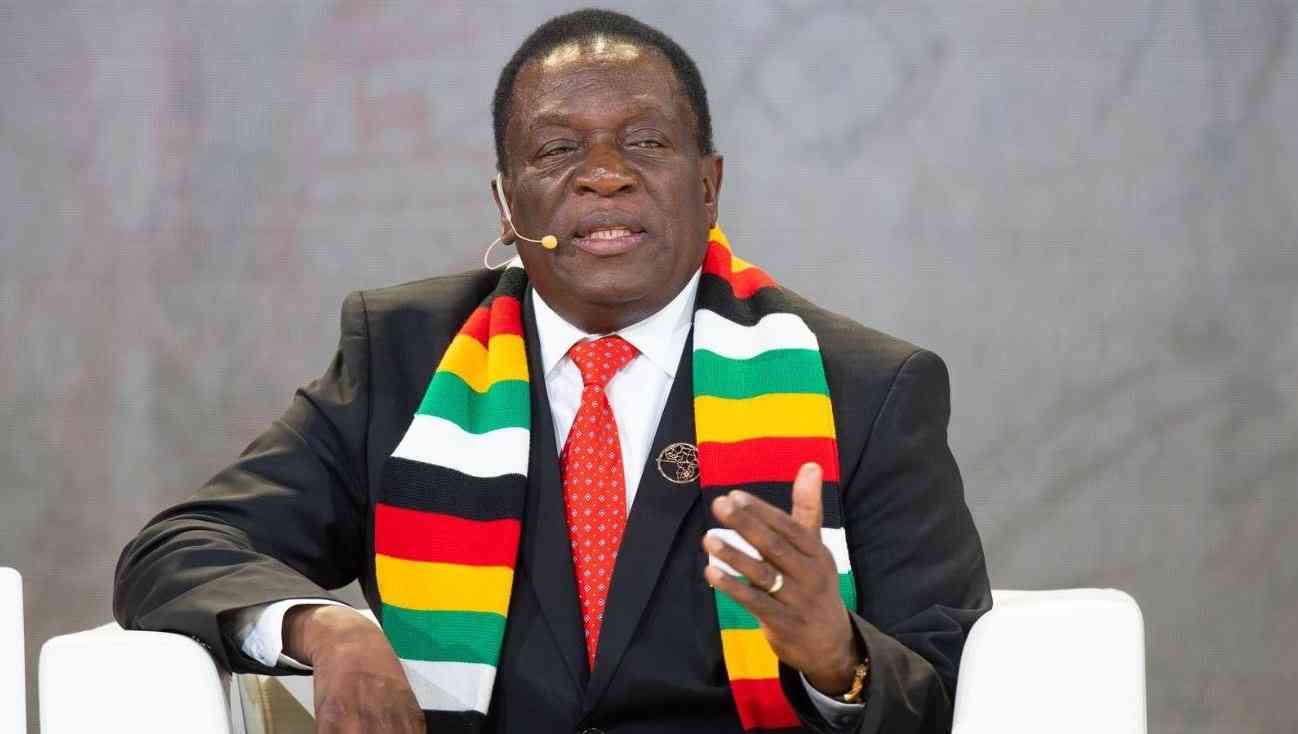
African leaders, including President Emmerson Mnangagwa, were revelling in the cordial relations between Africa and Japan at the ninth edition of the Tokyo International Conference on African Development (TICAD 9).
The triennial event ran from August 20 to 22 in Yokohama, Japan.
TICAD, which has been running since 1993, is Japan’s handshake with Africa as it seeks to co-create solutions to the challenges facing the continent.
With Japan pledging support in private sector-led industrialisation, women and youth and regional integration, TICAD 9 came at a time when the continent is seeking win-win partnerships.
It has grown weary of endless lectures and hectoring by Western partners and is seeking alliances based on equality.
And TICAD 9 was what the doctor ordered.
This year’s theme, Co-create Innovative Solutions with Africa, dovetailed with the thinking of most African leaders that they want to be part of the solution, amid concerns of endless lectures from their Western partners.
There have been concerns that African countries are not consulted, instead they are given blueprints to implement.
- Mavhunga puts DeMbare into Chibuku quarterfinals
- Bulls to charge into Zimbabwe gold stocks
- Ndiraya concerned as goals dry up
- Letters: How solar power is transforming African farms
Keep Reading
Zimbabwe is spoiled for choice. It has strong relations with China and Russia. The once frosty relations with the UK have thawed, after London reset relations with Harare following decades of shouting at each other.
In April, Mnangagwa directed the government to suspend tariffs levied on goods originating from the United States, a measure he said was intended to facilitate the expansion of US imports on the Zimbabwean market.
The second republic has been burning the midnight oil to repair broken relationships based on the “friend to all and enemy to none” mantra.
All these ties must translate to an improvement in the lives of Zimbabweans and adherence to national laws.
Deals must be two-way, in which the investor and the country benefit.
We cannot continue lauding ties that are skewed against the country, with natural resources being plundered because an official’s palms have been greased.
Our partners have not played ball. Is it because of inefficiency on our part or some officials expect the partners to oil the wheels of bureaucracy?
These are serious questions, as some countries appear to be maximising relationships we also have with the same partners.
A conducive environment, premised on the rule of law and policy certainty, will lure partners sitting on the fence to come on board.
Gone are the days when we used to celebrate memoranda of agreement. We must go beyond mere jubilation and actualise the agreements.
The more, the merrier, given that the country will have a wide array to choose from.
A country needs partners willing to co-create solutions and candid enough to call a spade a spade.
TICAD 9 restated Japan’s commitment to working with African countries. Zimbabwe must leverage on Japan’s technological prowess to spur economic growth.
It will be a rat race as African countries compete for Japan’s attention.
It will be the race for the swift, bold, and those aware of what they want to reap from such a relationship. The benefits will not come on a silver platter.






